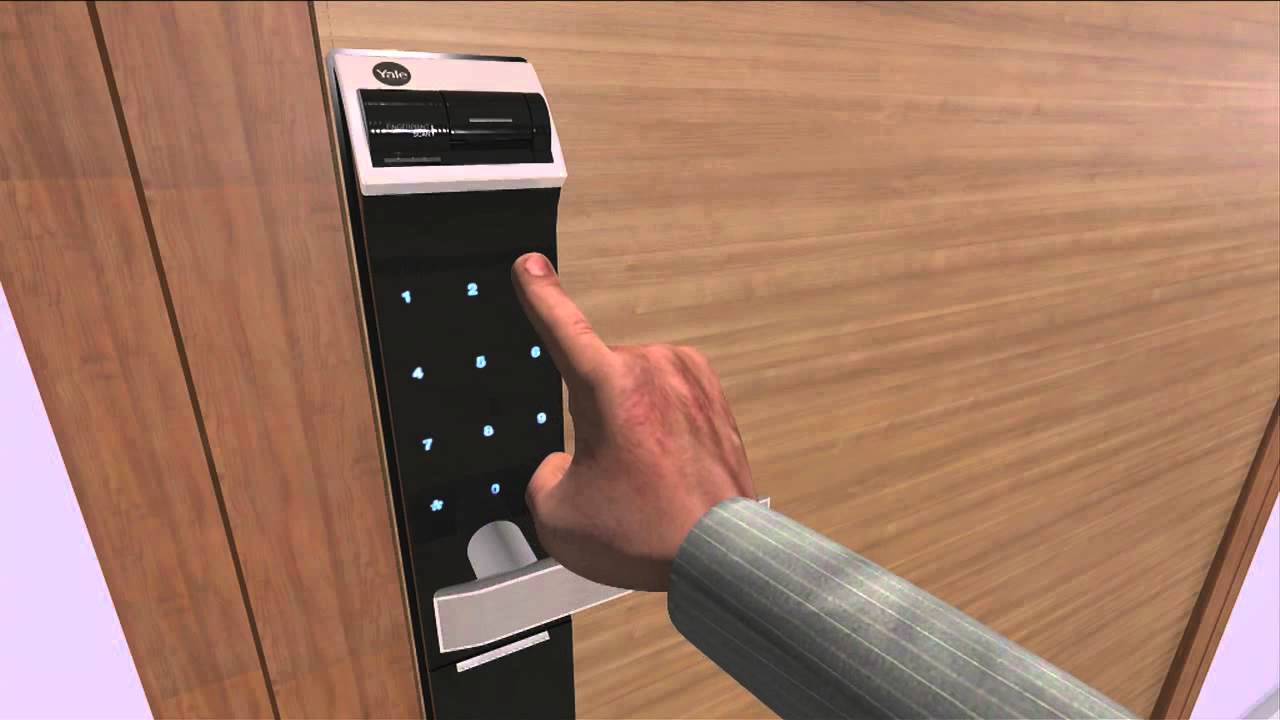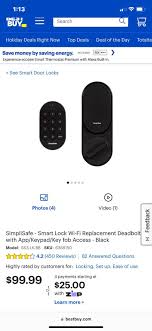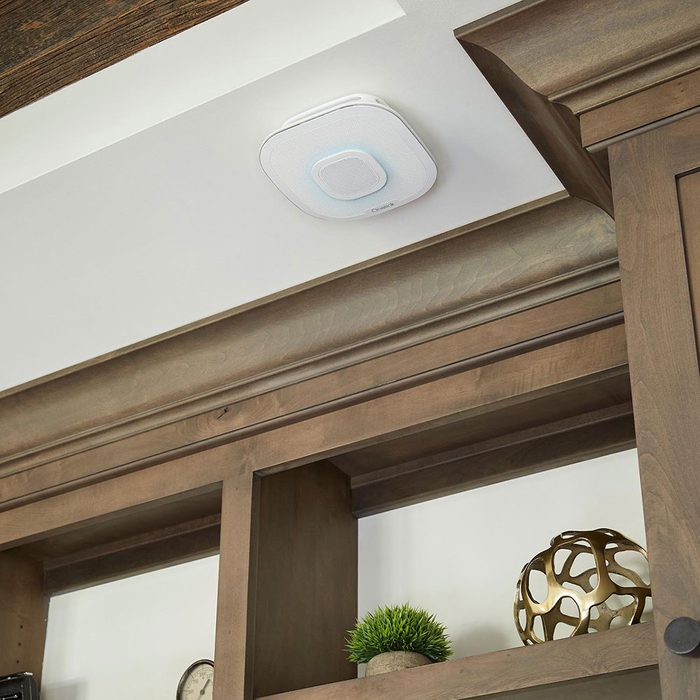
When it comes to protecting your home from intruders, you need to invest in a quality double security screen door. The best way to accomplish this is to purchase a product that meets the Australian Standard AS5039-2008. This standard specifies the features and benefits of a good screen door. Check the reputation of any company.
There are plenty of great options to choose from. Not all screen doors are the same. The quality of a security screen door will depend on the materials it is made from. You can spend between $250 and $300 on a basic, steel door or more than $1000 to get a custom-made, iron door. If you live in an area prone to burglary, or want to protect the exterior of your home, you should choose a high quality security screen door.
Flying debris can be a serious threat. Stainless steel mesh is a great way to keep insects and flies out of your home. You can also see outside better with it.

A security screen is not enough to ensure your family is safe. Other security measures include a sturdy lock box and a deadbolt mechanism. You may find it easier for you to lock and unlock your home when you have both of these. A security snap cover can be a great option to create a seamless look.
The security screen's material is another thing to consider. Aluminium is more resistant and can withstand corrosion. Aluminium is also less expensive. A high-quality aluminium screen door will cost you around $450. You can powder coat it in different colours to match your home's colour scheme.
Your family's safety is paramount. As such, you should find a reputable manufacturer. If you're fortunate, you might be offered a consultation by one of their consultants for free. You can ask questions to make sure you are getting the right door. In addition, they will be able to recommend the right cleaner for your screen.
There are many security options available, but the most important thing to consider is the feature. A solid steel door is the best security screen. Solid steel doors will provide a strong barrier between your home & a stranger and protect your home from any corrosion.

You need to consider the material you are using and the size of the door in order to decide between steel or aluminium security screen. For example, a bespoke steel door will cost at least $650, while an aluminium security screen will cost approximately $450.
Considering the advantages and disadvantages of the two types of doors, it makes sense to choose a combination. An aluminium screen might be cheaper than wrought iron, but it will last longer and look better.
FAQ
What is the difference in surveillance and security cameras?
Security cameras are used to protect, while surveillance cameras are used to monitor.
Both cameras have their pros and cons. There is one major difference between the two types of cameras: the type of images that they capture. Surveillance cameras record video at slow speed, so you can see what's going on in real-time. Security cameras on the other side only record video and still photographs, which are saved for later review.
Do I really need a home alarm system?
If you own a home, you definitely need a home security system. An intruder could enter your home at any moment without warning. They'll steal everything, even valuable electronics. They could even walk off with all your possessions if you don't lock your doors.
A home security system helps protect your home by alerting you whenever something happens. You can view the recorded footage and receive alerts from your mobile device when motion is detected.
A DIY camera is a great alternative to a full-blown home security system. These devices can be used to monitor who is at your front door as well as send you notifications when someone enters or leaves. These devices will not help stop intruders entering your home.
Can I install a security camera by myself?
Yes! You can set up a home alarm if you have some knowledge. If you are not confident in installing it yourself, you can hire an expert to assist you.
Statistics
- (In my experience, the discount on my home insurance covered about 25 percent of the subscription of an average plan, but your mileage may vary depending on your location and the size of your home.) (theverge.com)
- Unlike other online safety services that charge up to 100 percent of your monthly fee, Cove charges no upfront fees and has no hidden costs.
- Most home security companies will charge you around 75% of the remaining term of your contract if you cancel early—and some require 100%.Related questionsWhat type of contract length can I expect from security providers?Home security system cancellation (safewise.com)
- Depending on your insurance, 24/7 professional monitoring may qualify you for as much as 15% off your premium. (safewise.com)
External Links
How To
How to Install A Home Security System
A home security system is a device that monitors your property and alerts you if there's any activity. It could be a motion sensor, doorbell camera, smoke detector, fire alarm, flood alert, carbon monoxide detector, burglar alarm, etc. A home security system is usually composed of one or several sensors (e.g. motion detectors), that send signals when there's movement or sound. The signals are then sent over to a control box where they are monitored and recorded. If there's something wrong, like someone breaking into your house, the control panel sends out an alert to your phone, tablet, computer, or voice assistant. You'll be able to immediately take action and know exactly what's happening.
The first step to installing a home security system is choosing the right type of sensors for your home. There are two main types of sensors: passive and active. Passive sensors don’t need batteries. Instead, they simply pick up sounds or vibrations from the environment. They include doorbells, sirens and buzzers. Active sensors transmit data by using electricity. These sensors include motion sensors and cameras.
There are many sensors brands today. Each brand has their own pros and cons. For instance, some sensors can be weatherproof while others don't. Some include built-in speakers to allow you hear them even when they are outside. Some only work indoors. Some are simple, while others offer advanced features such as night vision.
After selecting the right sensors for your property and deciding on a manufacturer, you will want to make a selection. This will help ensure that your sensors work well together. The hardware store should offer many choices.
After choosing a brand of sensors to use, you can decide how many to purchase. Depending on whether someone lives alone or with their family, most people buy one to two sensors. You may want to consider purchasing more sensors in the future if possible.
Next, think about where you want them to go. Do you want them near doors and windows? Or would you rather have them hidden? Before placing them around your property, you should get permission. Make sure that they won't cause interference with any other electrical outlets.
Now that you know where you want to put your sensors, you'll need a way to connect them to your control panel. Depending on your setup you might need to buy a power adapter and/or battery pack. Once you have everything set up, you'll be ready to monitor your property!